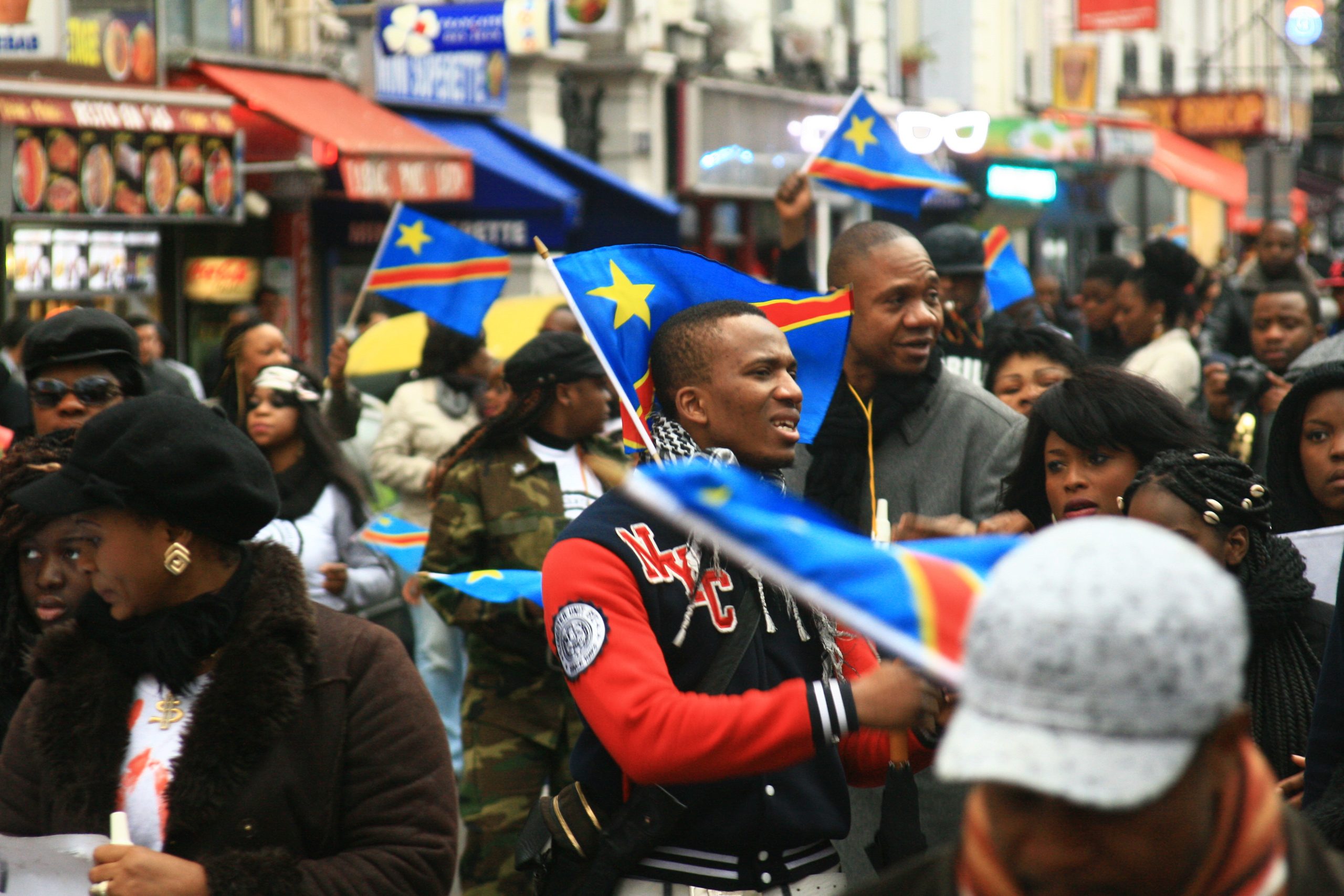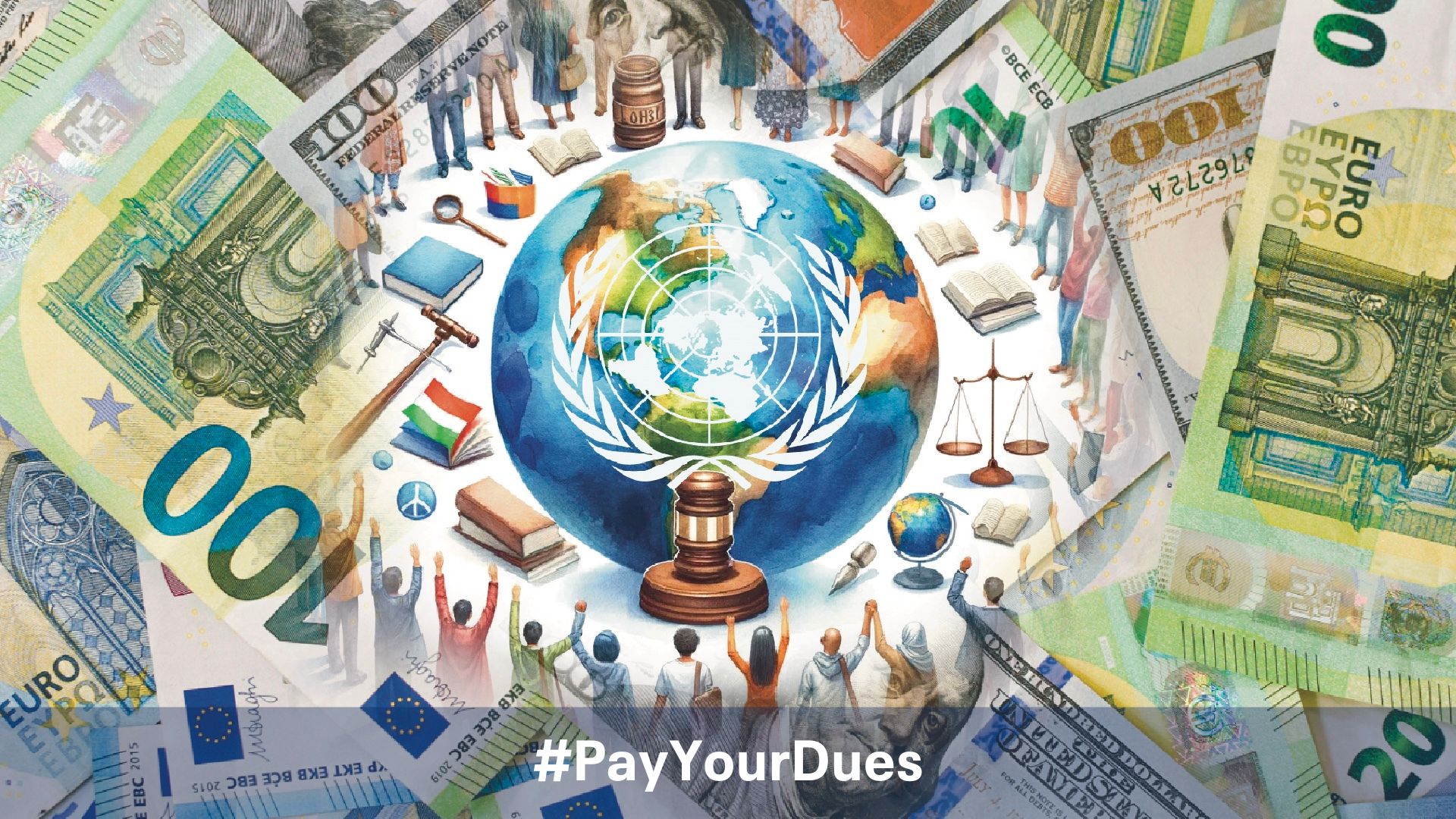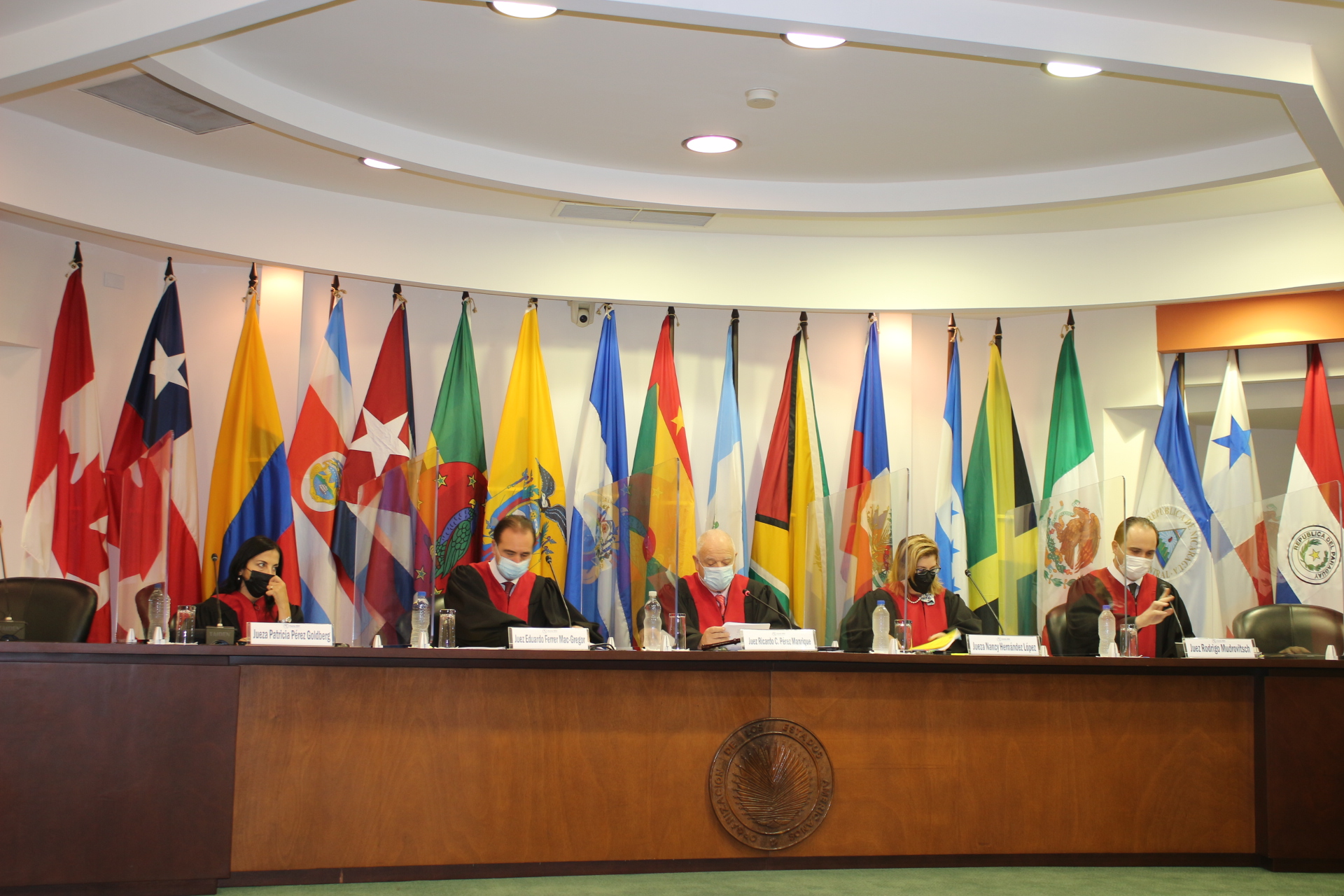The International Service for Human Rights (ISHR) is deeply concerned by the content of the draft national law regarding the activity of human rights defenders, which is currently under consideration at the National Assembly of the Democratic Republic of Congo (DRC).
The law, whose announced objective is to protect human rights defenders, contains provisions that pose a real danger to the legitimate work of human rights defenders. If passed the way it is now, it will restrict and hinder the work of defenders. ISHR calls on Congolese parliamentarians to amend the law and to align it with international and regional standards for the protection and promotion of human rights.
For Clément Voule, Africa advocacy director at ISHR, it is important that ‘any national law for the protection of human rights defenders is in line with the United Nations Declaration on Human Rights Defenders and allows the creation of a legal environment which is supportive to the work of human rights defenders, not restrictive’.
Several provisions in DRC’s draft law go against the United Nations Declaration on Human Rights Defenders[1] and against the purpose of protecting human rights defenders. To mention a few: Article 2 of the law provides protection of a ‘human rights defender who carries out, on a permanent basis, the activity of promotion, protection, and realisation of human rights’. This formulation limits the provisions to human rights defenders who work in formal and organised structures. Article 3, paragraph 3 and article 7 specify that human rights defenders have to be member of an NGO, at least 18 years old, hold a State diploma and have received training in human rights delivered by an NGO coordination. Article 8, paragraph 3 requires them to obtain a ‘certificate of good life, morals, and citizenship’, which further restricts the chances of being considered as a human rights defender. As for Article 33, it obliges human rights defenders to communicate any financial support to the ministry responsible for human rights or to the provincial governor within a month of its allocation. A non-compliance with this obligation is sanctioned by a suspension of activity (article 36).
These above-mentioned articles are in contradiction with article 13 of the United Nations Declaration on Human Rights Defenders, which guarantees the right to seek, receive and use all resources to promote and protect human rights without restrictions.
ISHR invites parliamentarians and DRC authorities to follow the examples of Côte d’Ivoire and Burkina Faso, which have also adopted specific laws protecting human rights defenders, inspired by United Nations Declaration and the Model Law for the Recognition and Protection of Human Rights Defenders. As a matter of fact, these countries have adopted the Declaration’s broad definition of the term ‘human rights defender’, which recognises that any person or group of individuals can be a human rights defender without necessarily being affiliated with a non-governmental organisation. And without having obtained a defender’s card (article 11) or having been registered on a list kept by the provincial coordination of human rights organisations (article 12). Moreover, article 9 of the Ivorian law guarantees the right of defenders to communicate with the international human rights mechanisms.
As a new member of the United Nations’ highest authority for the promotion and protection of human rights, the Human Rights Council, the DRC must set an example by adopting a protective law in line with the United Nations Declaration and by meeting the expectations and needs of protection of Congolese defenders. It must also provide an effective protection mechanism necessary for its implementation. ‘The promotion and protection of human rights require the protection of the actors invested in this area, namely human rights defenders,’ says ISHR’s Clément Voule.
ISHR urges Congolese parliamentarians to revise the draft law to ensure unconditional legal protection and recognition for human rights defenders. By passing the law as it is, DRC would negatively impact the rights of defenders and isolate itself from other countries in the region that have adopted laws for the protection of human rights defenders.
ISHR supports the advocacy of Congolese civil society to amend this law so as to comply with the United Nations Declaration on Human Rights Defenders. The organisation stands ready to assist DRC authorities and civil society to strengthen the current draft to ensure its compliance with the United Nations Declaration on Human Rights Defenders.
For further details or media comments, please contact ISHR’s Africa Advocacy Director Clément Voule on [email protected].




